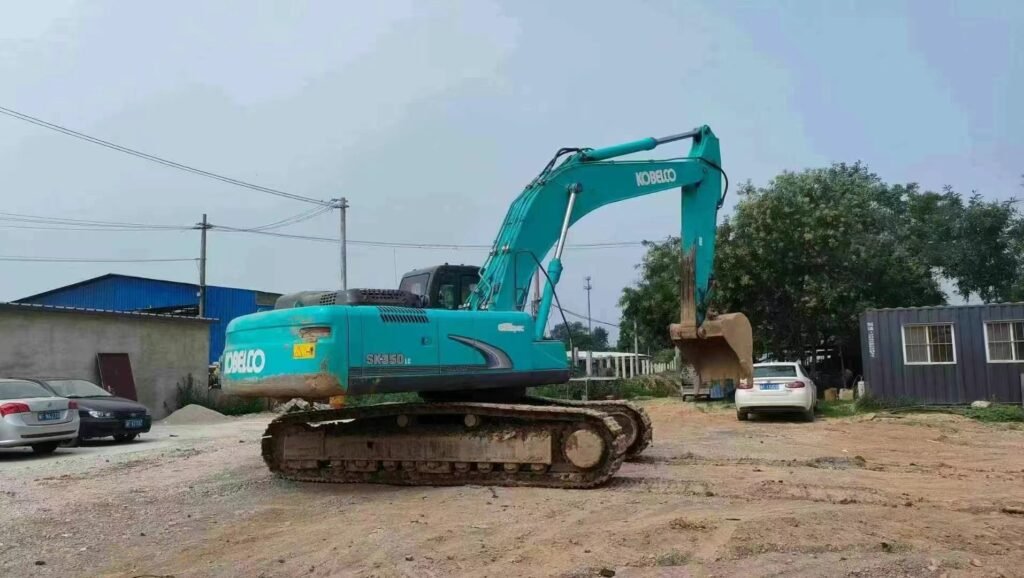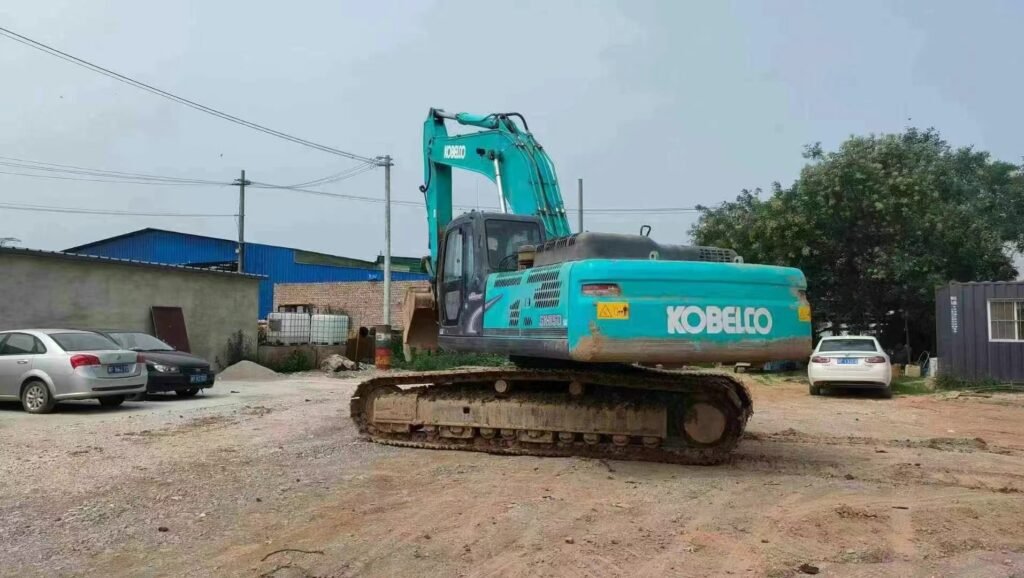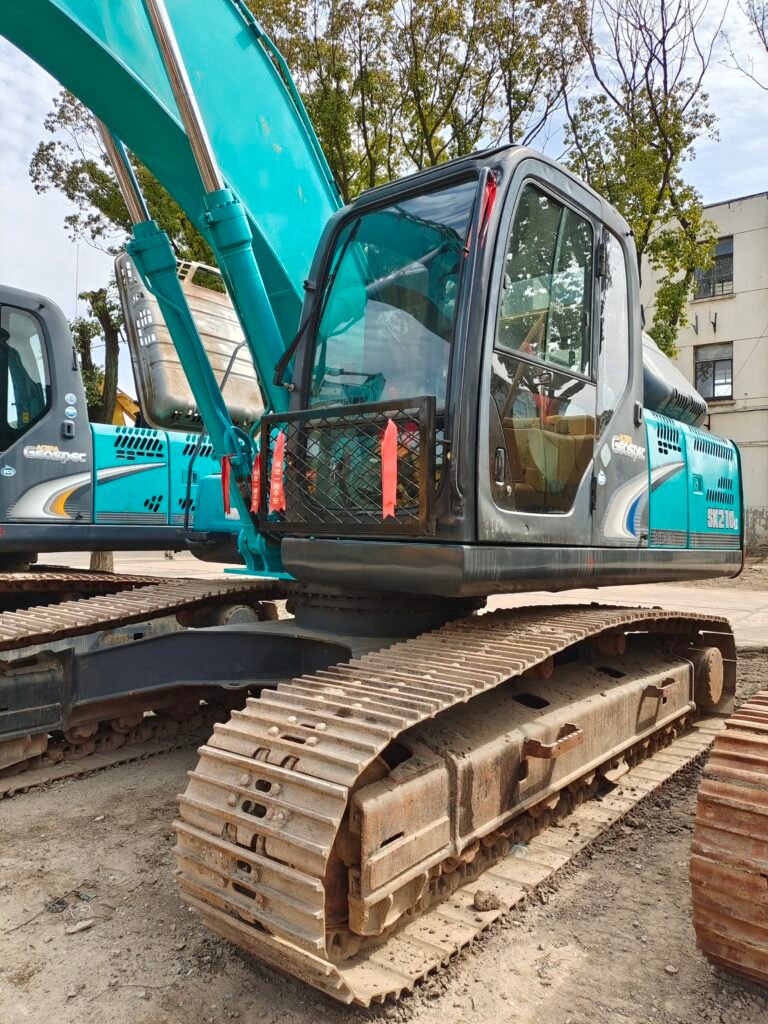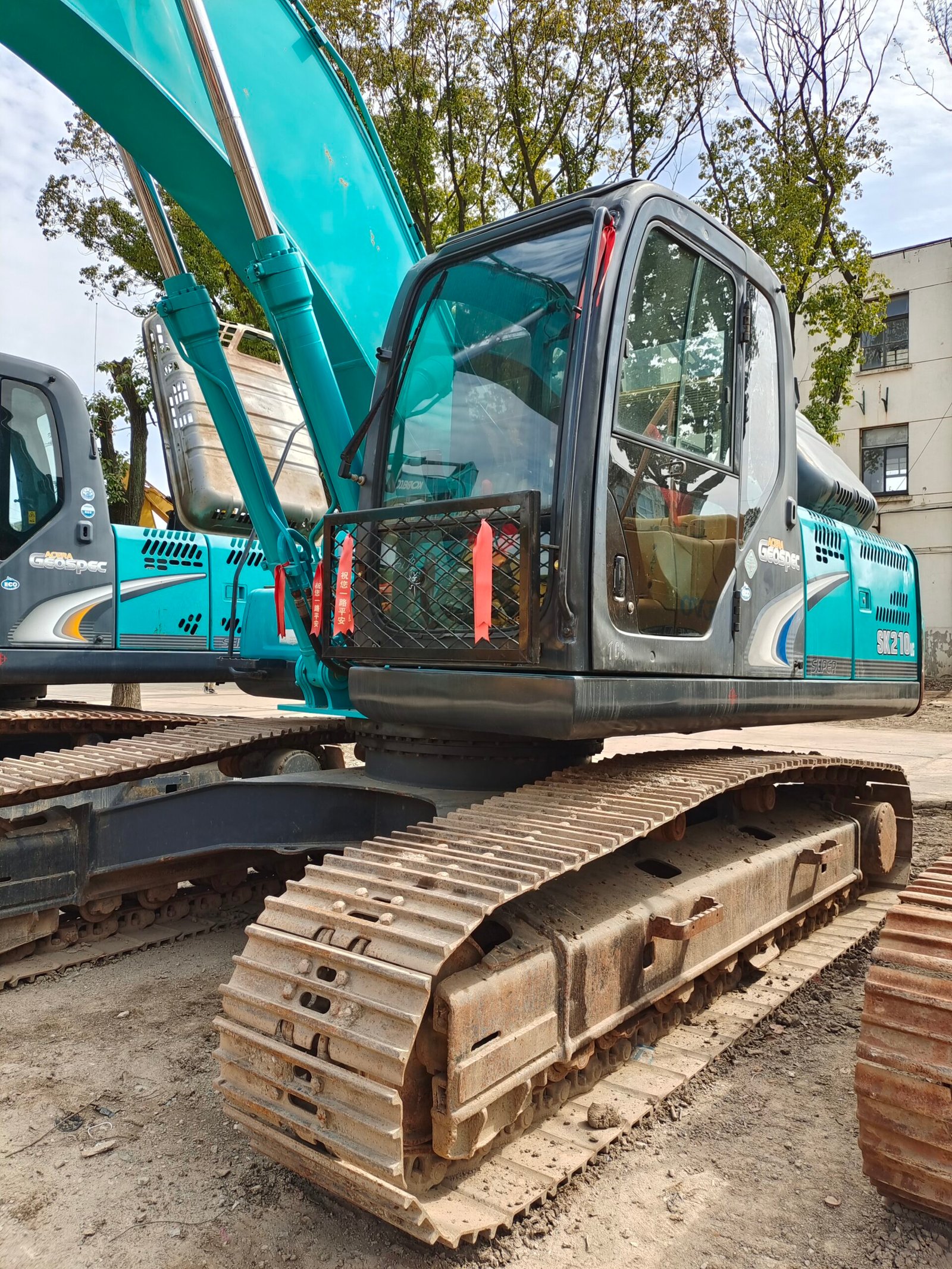I. Introduction
- Background: Excavators, as vital components of heavy machinery, are widely used in construction, mining, and infrastructure sectors. With the increasing scale of engineering projects, the demand for excavators continues to grow. Directly importing excavators has become a popular choice for many companies, especially in the context of seeking to reduce costs and enhance procurement efficiency.
- Purpose and Significance: This study aims to analyze the advantages of directly importing excavators, helping companies enhance their competitiveness by lowering costs and obtaining better prices. By delving into relevant strategies, businesses can position themselves more favorably in a competitive market.
II. Cost Advantages of Direct Import
1. Reduction of Intermediary Costs
- Avoiding Intermediary Steps: By directly collaborating with manufacturers, companies can eliminate intermediary fees. Skipping this step not only lowers overall procurement costs but also improves procurement efficiency.
- Examples of Cost Savings: Provide specific cases, such as a company that successfully saved 20% on intermediary fees by directly importing excavators, allowing for greater flexibility in project budgets.
2. Optimization of Transportation Costs
- Choosing the Right Transportation Method: Analyze how different transportation methods (such as sea, land, and air) affect costs. Sea freight is usually the most cost-effective choice, but timing must be managed effectively.
- Advantages of Bulk Purchasing: Discuss how bulk purchasing can reduce unit transportation costs. Companies can achieve better value by spreading transportation costs across multiple units of equipment.
3. Tariff and Tax Strategies
- Understanding Import Tax Regulations: Analyze the tariff policies of different countries and their impact on import costs. Understanding the relevant regulations can help companies make better decisions.
- Utilizing Free Trade Agreements: Explore how to leverage relevant free trade agreements (such as the Regional Comprehensive Economic Partnership) to lower tariffs and enhance the economic viability of imports.

III. Strategies for Obtaining Better Prices
1. Advantages of Direct Negotiation
- Direct Communication with Manufacturers: Analyze the benefits of negotiating directly with manufacturers. Companies can clearly express their needs, potentially securing more competitive prices.
- Customization Needs: Discuss how customized products can provide higher value to companies. By specifying unique requirements, manufacturers may offer more attractive pricing.
2. Timing of Purchases
- Market Supply and Demand Analysis: Analyze how changes in market supply and demand influence prices, highlighting the price differences between peak and off-peak seasons, and guiding companies to the best purchasing times.
- Off-Season Purchasing Strategies: Explore strategies for obtaining better prices during off-peak seasons. For example, in the construction industry, demand for excavators typically decreases in the off-season, leading to lower prices.
3. Multi-Channel Purchasing
- Comparing Quotes from Different Suppliers: Analyze the advantages of obtaining quotes from various manufacturing countries and suppliers. By comparing multiple options, companies can find the most cost-effective choice.
- Building Supplier Networks: Discuss how to establish supplier relationships to secure better prices. Developing good partnerships with multiple suppliers can provide more choices and guarantees in terms of pricing and service.

IV. Risk Management in Direct Imports
1. Quality Control
- Ensuring Product Quality: Discuss how direct procurement can ensure equipment quality. Companies should implement strict quality control standards to ensure purchased equipment meets international standards.
- Supplier Evaluation and Selection: Analyze the quality assessment criteria when selecting suppliers, including production processes, material sources, and past performance to ensure the reliability of partners.
2. After-Sales Service Assurance
- Direct Contact with Manufacturers: Discuss how direct imports enhance the reliability of after-sales service. Companies can communicate directly with manufacturers to quickly resolve after-sales issues and reduce equipment downtime.
- Management of Spare Parts Supply Chains: Analyze how to ensure the timeliness and availability of spare parts. Establishing a stable spare parts supply chain ensures rapid response when equipment problems arise.
V. Conclusion and Recommendations
- Key Findings: Summarize the cost advantages of directly importing excavators and strategies for obtaining better prices, emphasizing the importance of direct imports in reducing procurement costs and enhancing quality control.
- Decision Recommendations: Provide practical advice for companies considering direct imports, such as establishing good supplier relationships, staying informed about market dynamics, and employing flexible purchasing strategies to maximize investment value. By adopting these measures, companies can thrive in a competitive market environment.



